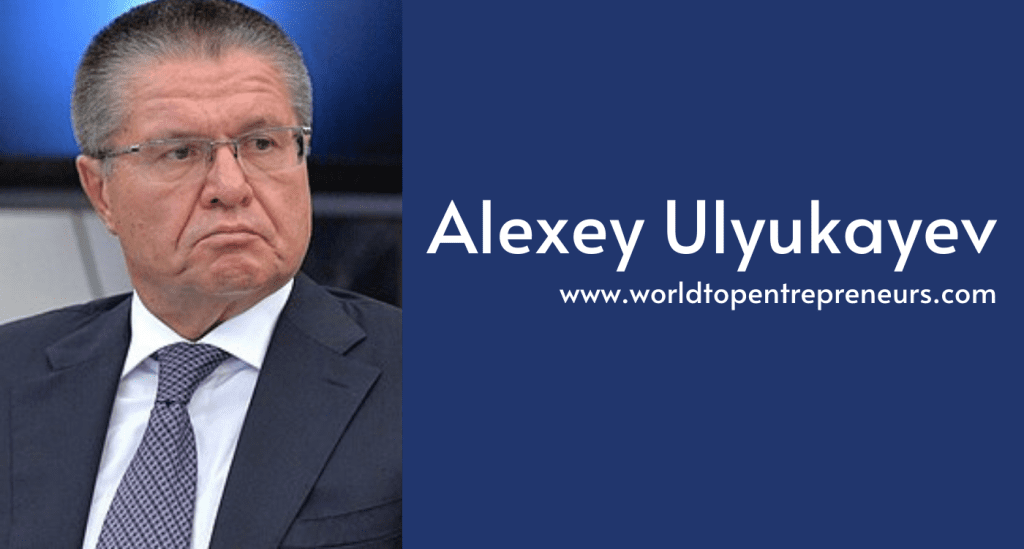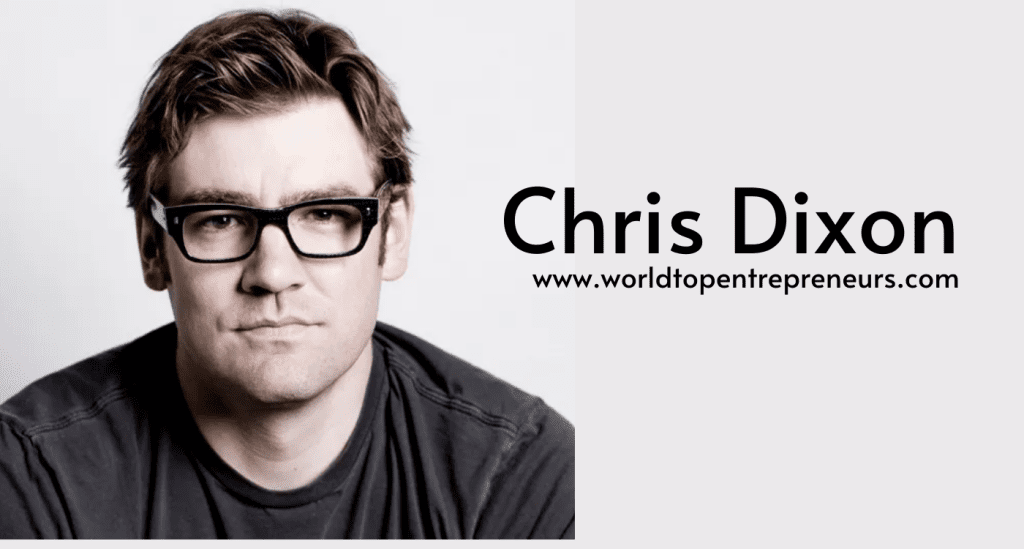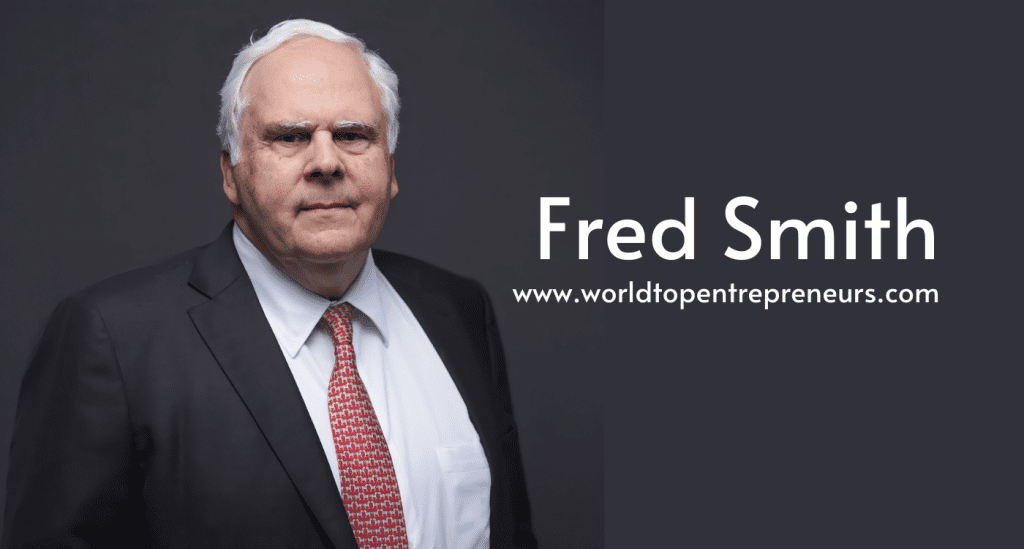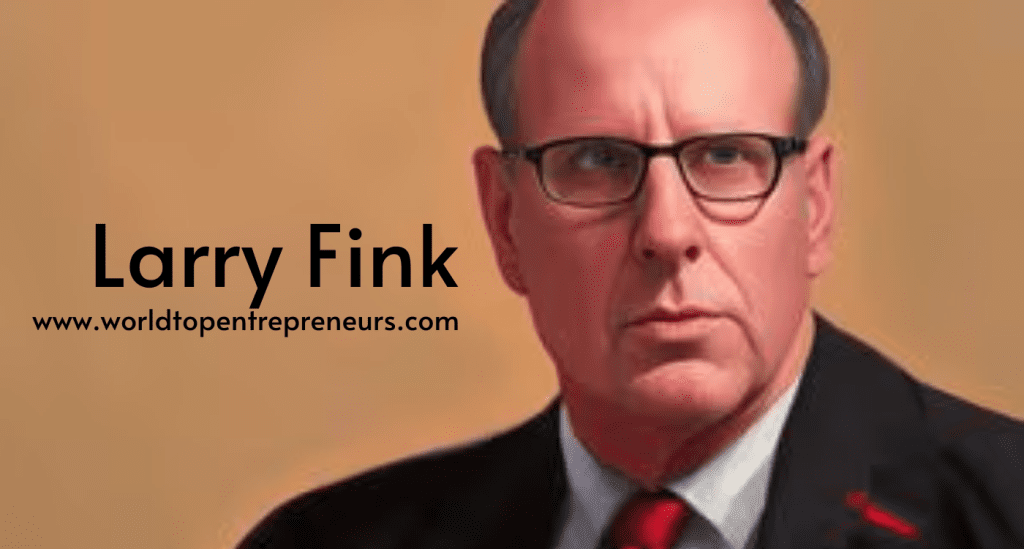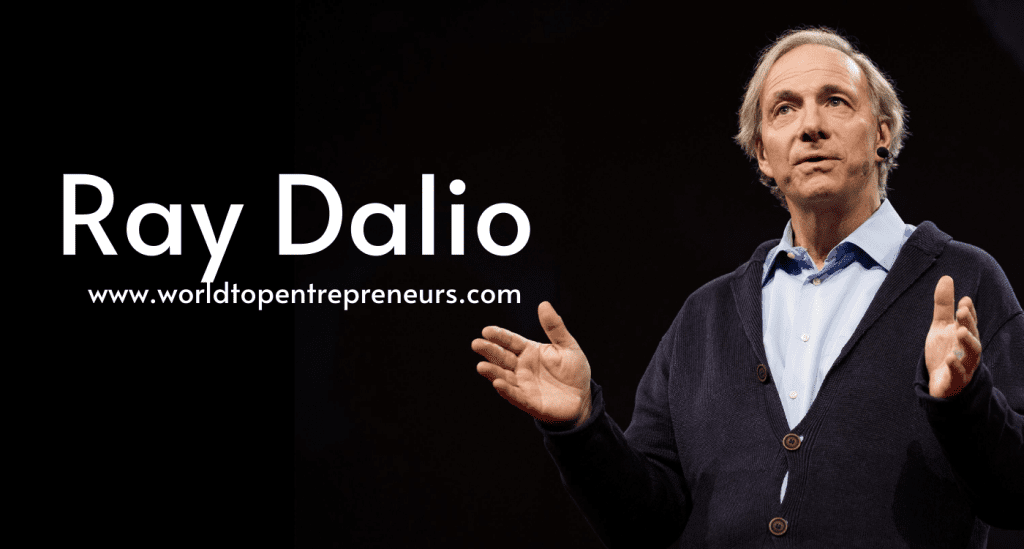Alexey Ulyukayev is a prominent Russian economist and public official who played a significant role in Russia’s economic policy over the past two decades. Serving as the Governor of the Central Bank of Russia from 2013 to 2017, Ulyukayev is recognized for his deep expertise in monetary policy, economic reforms, and financial regulation. His career has been marked by substantial achievements, controversial moments, and an unyielding commitment to shaping the Russian economy. In this blog, we will delve into Ulyukayev’s educational background, professional experiences, struggles, and successes that defined his influential role in the Russian financial sector.
Early Life and Education
Born in 1957 in Russia, Alexey Ulyukayev was raised during a time when the Soviet Union was still in power, and the economic environment was deeply centralized. Growing up in this era, Ulyukayev had an early exposure to the complexities of the Soviet system and its economic challenges. His curiosity about economics and public policy was piqued by these experiences, influencing his future academic and professional pursuits.
Ulyukayev attended Moscow State University (MSU), where he earned his degree in economics. MSU is widely recognized as one of Russia’s leading institutions, and his education here laid the foundation for his career in economic policy. Ulyukayev’s academic focus on economic theory, monetary policy, and international finance made him particularly suited for a career in government and central banking.
After completing his undergraduate education, Ulyukayev furthered his studies at the Institute of Economics of the Russian Academy of Sciences (IERAS), where he earned his Ph.D. in economics. His doctoral thesis focused on economic development and reform in post-Soviet Russia, reflecting his deep understanding of the nation’s evolving financial system.
Professional Career and Early Struggles
Ulyukayev’s early professional career took off in the 1980s and 1990s when Russia was undergoing massive economic and political transformations. During this time, Ulyukayev began working as a research fellow at the Institute of Economics in the Russian Academy of Sciences, focusing on the country’s shift from a planned economy to a market-driven one.
In the 1990s, Ulyukayev’s expertise in economic reforms gained recognition, and he quickly ascended through the ranks of Russian economic policy. He played a significant role in economic policy advisory and contributed to the development of market-oriented reforms during the country’s transition to capitalism. This period was marked by significant economic volatility, with the collapse of state-owned industries, the rise of oligarchs, and the introduction of financial systems that were not always robust or well-regulated.
Despite these challenges, Ulyukayev remained dedicated to his mission of shaping Russia’s economic reforms in a direction that would stabilize the economy and foster sustainable growth. In the late 1990s, he was appointed to key roles within the Russian Ministry of Economic Development and Trade, where he worked on reforming the country’s economic structure and policies.
Ulyukayev’s Role at the Central Bank of Russia
One of the defining moments of Ulyukayev’s career came in 2013 when he was appointed as Governor of the Central Bank of Russia. The appointment marked a high point in his career, as it allowed him to directly influence the country’s monetary policy and financial regulations.
At the time of his appointment, Russia was facing a series of economic challenges. Global oil prices were beginning to dip, sanctions were being imposed by Western countries in response to geopolitical tensions, and inflation was rising. As governor, Ulyukayev’s primary responsibility was to steer the Russian economy through these turbulent waters while maintaining the stability of the ruble and controlling inflation.
Key Achievements at the Central Bank
During his tenure, Ulyukayev made a series of key decisions aimed at stabilizing the Russian economy and modernizing the financial system:
- Inflation Control: One of Ulyukayev’s most notable achievements was his success in bringing inflation under control. At the time of his appointment, Russia was grappling with double-digit inflation. Ulyukayev’s policies focused on tightening monetary policy and raising interest rates to curb inflation, which helped stabilize the ruble.
- Ruble Crisis and Exchange Rate Policy: In 2014, Russia experienced a sharp decline in the value of its currency, the ruble, due to falling oil prices and the imposition of Western sanctions. Ulyukayev’s response was to liberalize the ruble exchange rate, moving away from a tightly controlled peg to a more flexible, market-driven system. While this decision was controversial, it ultimately allowed Russia’s economy to adjust more efficiently to external shocks.
- Banking Sector Reforms: Under Ulyukayev’s leadership, the Central Bank of Russia embarked on an ambitious program of banking sector reform. The goal was to strengthen the financial system by improving the quality of assets held by banks, reducing the number of non-performing loans, and increasing transparency in the banking sector. During this period, many problem banks were either closed or restructured, which helped improve the overall health of the Russian financial system.
- Modernizing the Russian Financial System: Ulyukayev also played an important role in the digitalization of Russia’s financial services sector, encouraging the development of financial technologies and online payment systems. This was a crucial step in modernizing Russia’s banking system and making it more competitive globally.
- Strategic International Relations: Ulyukayev sought to strengthen the Central Bank’s relationships with international financial institutions, such as the International Monetary Fund (IMF) and World Bank. This was particularly important as Russia faced international sanctions, and having positive relationships with these organizations helped maintain the country’s financial credibility on the global stage.
Struggles and Controversies
Despite these successes, Ulyukayev’s tenure at the Central Bank was not without significant struggles. Sanctions imposed on Russia in 2014, combined with falling oil prices, put immense pressure on the economy and the ruble. The sharp depreciation of the ruble posed challenges for Ulyukayev’s monetary policy, and there was public dissatisfaction with the Central Bank’s handling of the crisis.
Another challenge was the geopolitical tensions between Russia and Western nations. These tensions had an outsized impact on Russia’s financial system, leading to capital outflows and increased volatility in the ruble. While Ulyukayev made efforts to shield Russia’s economy from these shocks, his policies were often met with criticism from both domestic and international observers.
In 2017, Ulyukayev’s career took a dramatic turn when he was arrested and charged with corruption. The charges were related to his alleged involvement in accepting a bribe from a businessman in exchange for his support in a government decision. Ulyukayev denied the charges, but his arrest and subsequent trial represented a major setback in his career. In 2018, he was convicted and sentenced to eight years in prison. This controversial legal case overshadowed much of his otherwise distinguished career and brought attention to the challenges facing Russia’s public sector.
Legacy and Impact
Despite the controversies surrounding the end of his career, Alexey Ulyukayev’s legacy as an economist and policymaker remains significant. He played a key role in shaping Russia’s economic landscape during a period of intense global and domestic pressures. His leadership at the Central Bank helped stabilize Russia’s economy and implement crucial reforms, which, in many ways, laid the foundation for the country’s financial resilience in the years that followed.
Ulyukayev’s work also had an impact beyond Russia, as his policies influenced the broader dynamics of emerging market economies. His expertise in monetary policy, financial regulation, and economic reform earned him recognition as one of Russia’s foremost economists.
Conclusion
Alexey Ulyukayev’s journey from a young economist to the Governor of the Central Bank of Russia is a testament to his expertise and dedication to Russia’s economic development. While his career was marred by legal controversies toward the end, his contributions to Russia’s financial system cannot be understated. Ulyukayev’s work in monetary policy, banking reforms, and economic modernization helped guide Russia through one of the most tumultuous periods in its recent history. His career serves as both an example of the complexities of managing a national economy and a reminder of the challenges that come with navigating the intersection of politics, business, and finance in a rapidly changing world.

